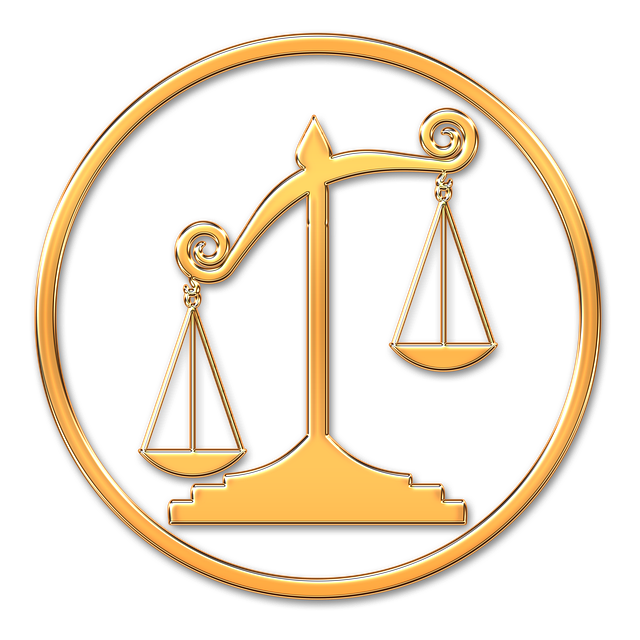Securities class actions are a powerful tool against financial market misconduct, offering collective compensation and deterrence. Ignoring labor law violations, especially securities fraud, can lead to severe consequences for employees and businesses, including financial losses, damaged reputations, and lack of accountability. These actions empower employees to seek justice collectively, holding businesses accountable and serving as a deterrent for future offenses. Proactive compliance is crucial for businesses to mitigate risks associated with ignoring such violations, which can result in substantial settlements and damaged reputations.
Securities class actions are a powerful tool for investors, enabling collective legal action against companies accused of fraud or misconduct. This article delves into the intricacies of these cases from a legal perspective, exploring key aspects such as labor law violations and their impact on businesses. We discuss why ignoring such violations can have severe consequences, while also examining the role of class actions in holding corporations accountable and protecting investors’ rights.
- Understanding Securities Class Actions: A Legal Perspective
- Labor Law Violations: When Collective Action Is Necessary
- The Impact on Businesses: Consequences of Ignoring Violations
- Protecting Investors: Role of Class Actions in Accountability
Understanding Securities Class Actions: A Legal Perspective

Securities Class Actions offer a mechanism to address wrongdoings in the financial markets. From a legal perspective, understanding this process involves grasping the collective action taken by investors who share common interests and have suffered similar losses. This collective approach not only amplifies the potential for compensation but also serves as a deterrent against future violations of securities laws. Ignoring labor law violations, especially in the context of securities fraud, can have severe consequences. It may lead to missed opportunities for affected parties to seek justice and recoup losses.
The all stages of the investigative and enforcement process, from initial notice of potential violations to achieving extraordinary results through settlements or judgments, require meticulous legal strategy. Skilled attorneys play a pivotal role in guiding clients through this complex landscape, ensuring they understand their rights and options. Ultimately, these actions not only compensate victims but also send a strong message that such misconduct will not be tolerated, potentially avoiding indictment for wrongdoers and fostering a more transparent and fair financial environment.
Labor Law Violations: When Collective Action Is Necessary

When it comes to labor law violations, collective action through securities class actions can be a powerful tool for holding businesses and individuals accountable. These high-stakes cases often result from significant breaches of employment laws, where companies have ignored or violated workers’ rights on a large scale. The consequences of ignoring these violations can be severe, leading to not only financial losses for employees but also damaging the company’s reputation across the country.
In many instances, labor law violations go unaddressed due to fear of legal repercussions or lack of awareness among affected workers. However, when these violations are widespread and persistent, collective action becomes necessary. Securities class actions provide a mechanism for employees to band together, share resources, and fight for their rights. By doing so, they not only seek compensation for their losses but also send a strong message that such violations will not be tolerated, potentially preventing future occurrences and avoiding indictment in more severe cases.
The Impact on Businesses: Consequences of Ignoring Violations

The impact of securities class actions on businesses can be profound, especially when violations of labor laws are overlooked. Companies that fail to address such infringements risk facing significant financial consequences in high-stakes cases. These legal battles can result in substantial settlements and damages, leaving organizations with hefty legal bills and a damaged reputation.
Moreover, ignoring labor law violations may expose businesses to repeated lawsuits from affected employees or investors. The potential for recurring disputes creates an unpredictable legal landscape, hindering long-term strategic planning. A proactive approach to compliance and an effective general criminal defense strategy are crucial for minimizing these risks, ensuring the longevity of businesses, and protecting the interests of their clients.
Protecting Investors: Role of Class Actions in Accountability

Securities class actions play a pivotal role in protecting investors from corporate misconduct and ensuring accountability. These legal mechanisms empower individuals who have suffered losses due to violations of securities laws to band together and hold wrongdoers accountable, potentially resulting in significant monetary compensation for harmed parties. By holding companies and individuals responsible for their actions, class actions serve as a powerful deterrent against future violations, thus safeguarding the integrity of financial markets.
Ignoring labor law violations can have severe consequences, not just for employees but also for businesses themselves. Class action lawsuits specifically targeting securities fraud or other misconduct can lead to substantial settlements or winning challenging defense verdicts in court. This not only compensates affected investors but also reinforces the importance of ethical corporate conduct and white-collar defense strategies. Effective enforcement of these actions ensures that both corporate and individual clients are protected, fostering a more transparent and just financial ecosystem.
Securities class actions play a pivotal role in protecting investors and ensuring corporate accountability. By understanding the legal framework, recognizing the need for collective action, and addressing labor law violations promptly, businesses can mitigate significant consequences that often arise from ignoring these issues. These lawsuits not only serve as a check on corporate behavior but also foster a fair and transparent market, ultimately benefiting both investors and companies that uphold ethical standards.






